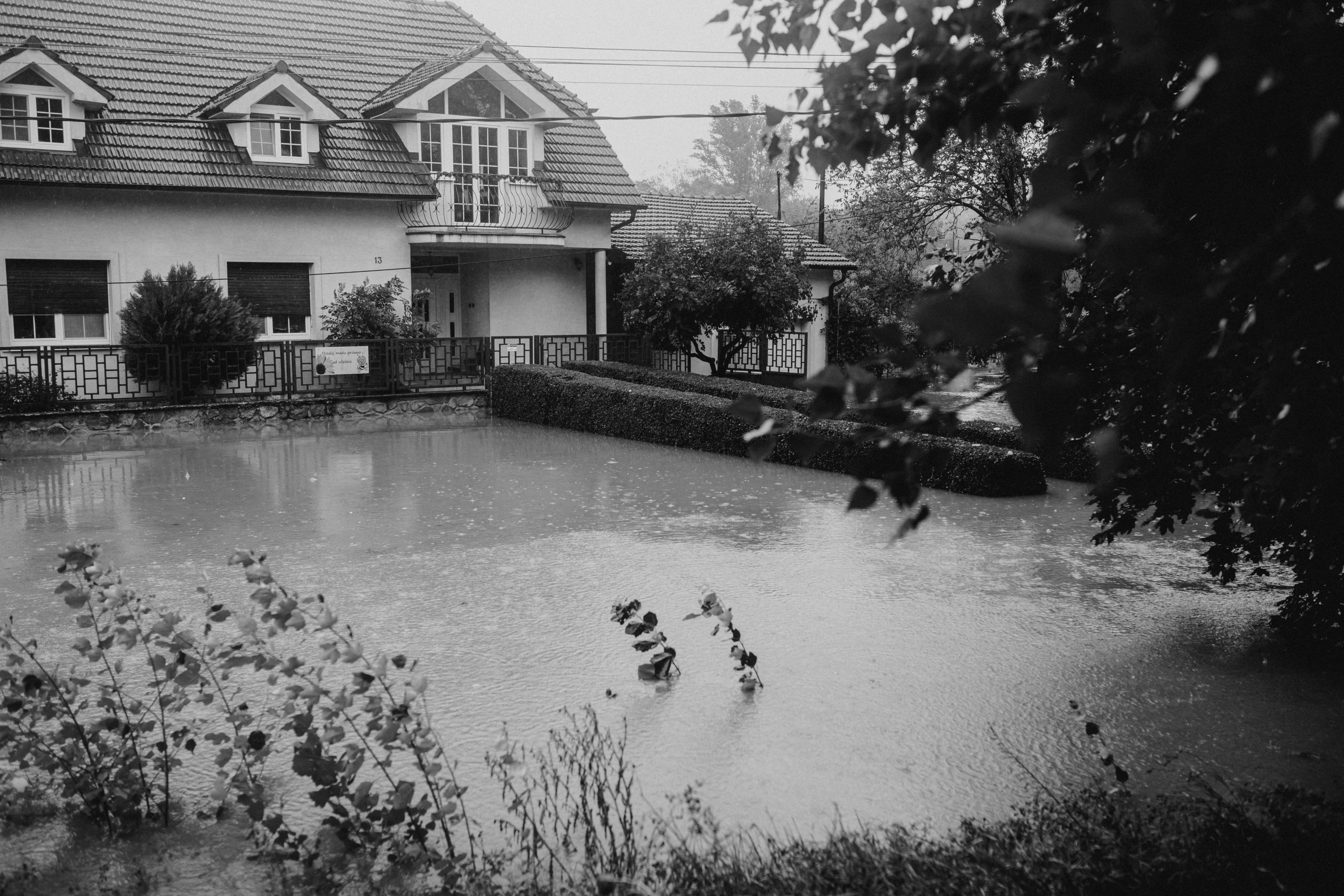Insurance vs. Out-of-Pocket for Comprehensive Claim
While parked in a lot, someone severely damaged my door—there’s a golf ball-sized paint transfer that created a matching dent, and a long scrape exposing the metal in a few areas. Clearly, I need to get it repaired.
I reached out to my insurance company, where I have comprehensive coverage with a $100 deductible. However, the representative advised me to pay out of pocket instead, as there’s a significant chance my rates could increase. I’ve found conflicting information online regarding this.
Has anyone had a similar experience?
I’m located in California, I’ve filed a police report, and I’m with AAA insurance. I haven’t made any other claims.
Update: I’m really struggling to get a definitive answer from anyone so far. Here’s what I’ve heard:
- 1-800 customer service from my insurance: They categorized it as comprehensive and warned that it would likely raise my insurance rates.
- Online chat support from my insurance: They classified it as collision, which supposedly wouldn’t cause my rates to go up. Plus, since I filed a police report, I might not have to pay a deductible.
- Auto body shop: They said it’s comprehensive and insisted that my rates shouldn’t increase since it wasn’t my fault.
- My insurance agent: They informed me that only the claims department can classify it as comprehensive or collision and assured me there wouldn’t be any rate increase.
I’m heading to the local office tomorrow to get a straightforward answer, and I’m prepared to wait until I do!




It sounds incredibly frustrating to get such mixed messages about your situation. Insurance terminology can be confusing, and different representatives often have varying interpretations of policies. Here are a few thoughts that might help you navigate this:
Clarify Claim Type: Since your car was damaged while parked and it wasn’t your fault, it typically falls under comprehensive coverage. However, some insurance companies may classify it differently based on their internal guidelines. Your local office visit should help clarify this.
Rate Increase Concerns: Generally, comprehensive claims are less likely to lead to rate increases compared to collision claims, especially if you’re not at fault. It’s good that your insurance agent confirmed there’s a possibility that your rates won’t go up.
Deductible Relief: The online chat option mentioning that you might not have to pay a deductible due to the police report may be a policy that applies in your situation. Be sure to ask about this at your local office as well.
Document Everything: Keep a record of your conversations with different reps and any advice you receive. This documentation can be helpful if there are future disputes or if you need to escalate the issue.
Consider Long-Term Impacts: Even if you can make a claim without an increase, consider if the repair costs justify going through insurance. If out-of-pocket expenses are manageable and will keep your rates stable, it may be worth weighing that option.
Ask for Written Confirmation: When you get the concrete information at your local office, request it in writing. This way, you have a reference point in case any inconsistencies arise later.
It’s great that you’re taking the initiative to get to the bottom of this. I hope your local office visit provides you with the clarity you need!